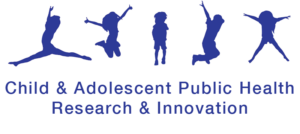YoPA
We believe that the only way to sustainably improve the health and wellbeing of youth, is to collaborate intensely with them.
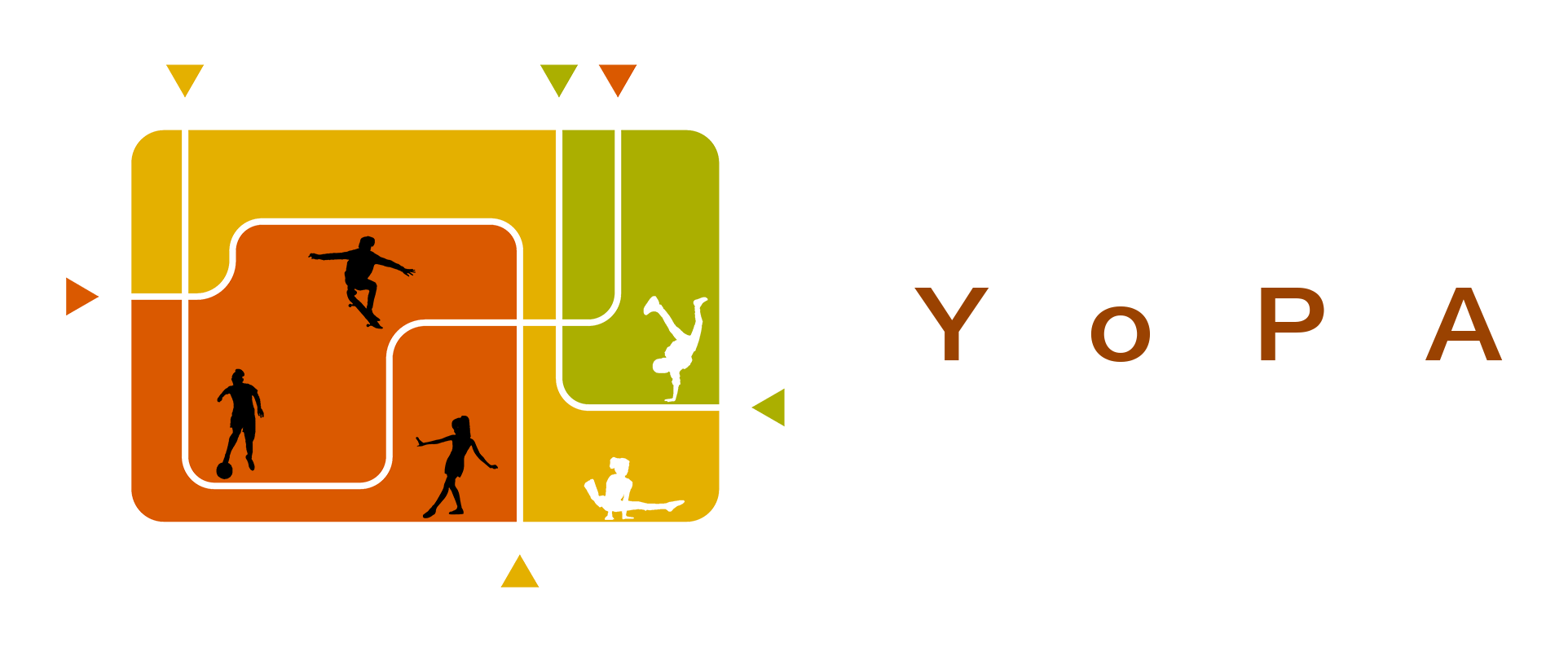
About YoPA
YoPA aims to stimulate physical activity, reduce sedentary behavior, and sleep sufficiently (24 hour movement behaviors), and thereby, the wellbeing of youth in vulnerable situations. Therefore, we collaborate intensely with youth from the start of the project until the end in four countries at the same time: Denmark, The Netherlands, Nigeria, and South Africa.
Did you know that only 22% of boys and 12% of girls meet the public health guidelines for physical activity? Existing physical activity interventions for youth have had a limited effect. The large majority of these interventions have been developed top-down with limited input from youth themselves, resulting in interventions that do not meet their needs and interests. Furthermore, interventions have primarily relied on information-based programs targeting the individual with little consideration of the social and physical environment.
YoPA combines youth participatory research with a systems approach in the redesign of public space. Together with youth, we gain insight in the system influencing youth 24 hour movement behaviors. Together with youth and other stakeholders, we look for solutions, co-create interventions, and implement these in public space. And together with youth, we evaluate whether the implemented interventions lead to healthier 24 hour movement behavior. This method makes YoPA unique.
YoPA is conducted by an international consortium, consisting of researchers, professionals in public health and urban planning, and professionals in youth participation. These researchers and other professionals live and work in Belgium, Denmark, The Netherlands, Nigeria, Portugal and South Africa. Together, we support youth to let them grow up healthily and happily.
Would you like to have more information about YoPA? Please have a look at our website.

YoPA is funded by the European Union. Views and opinions expressed are however those of the author(s) only and do not necessarily reflect those of the European Union or the granting authority HADEA. Neither the European Union nor the granting authority can be held responsible for them.
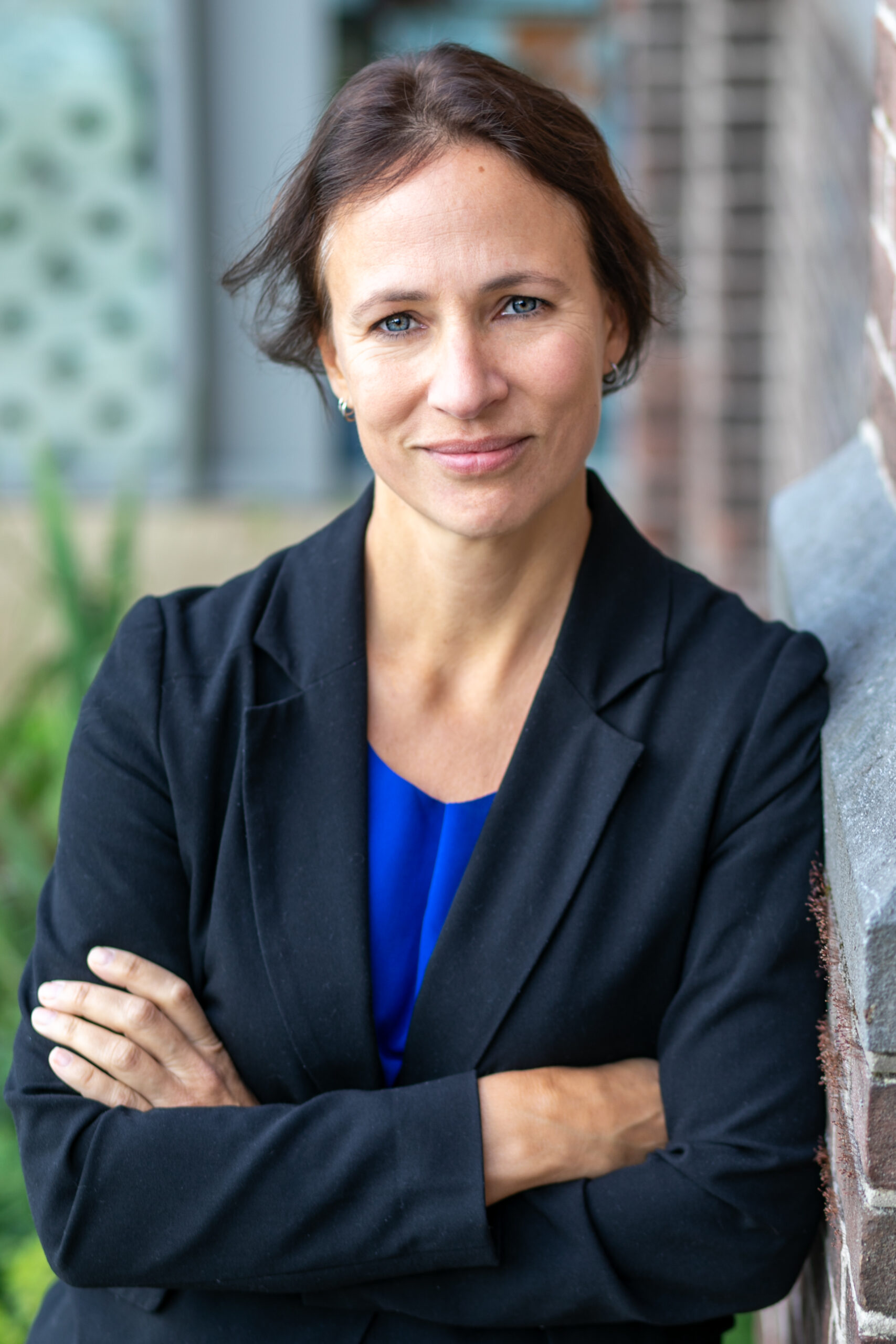
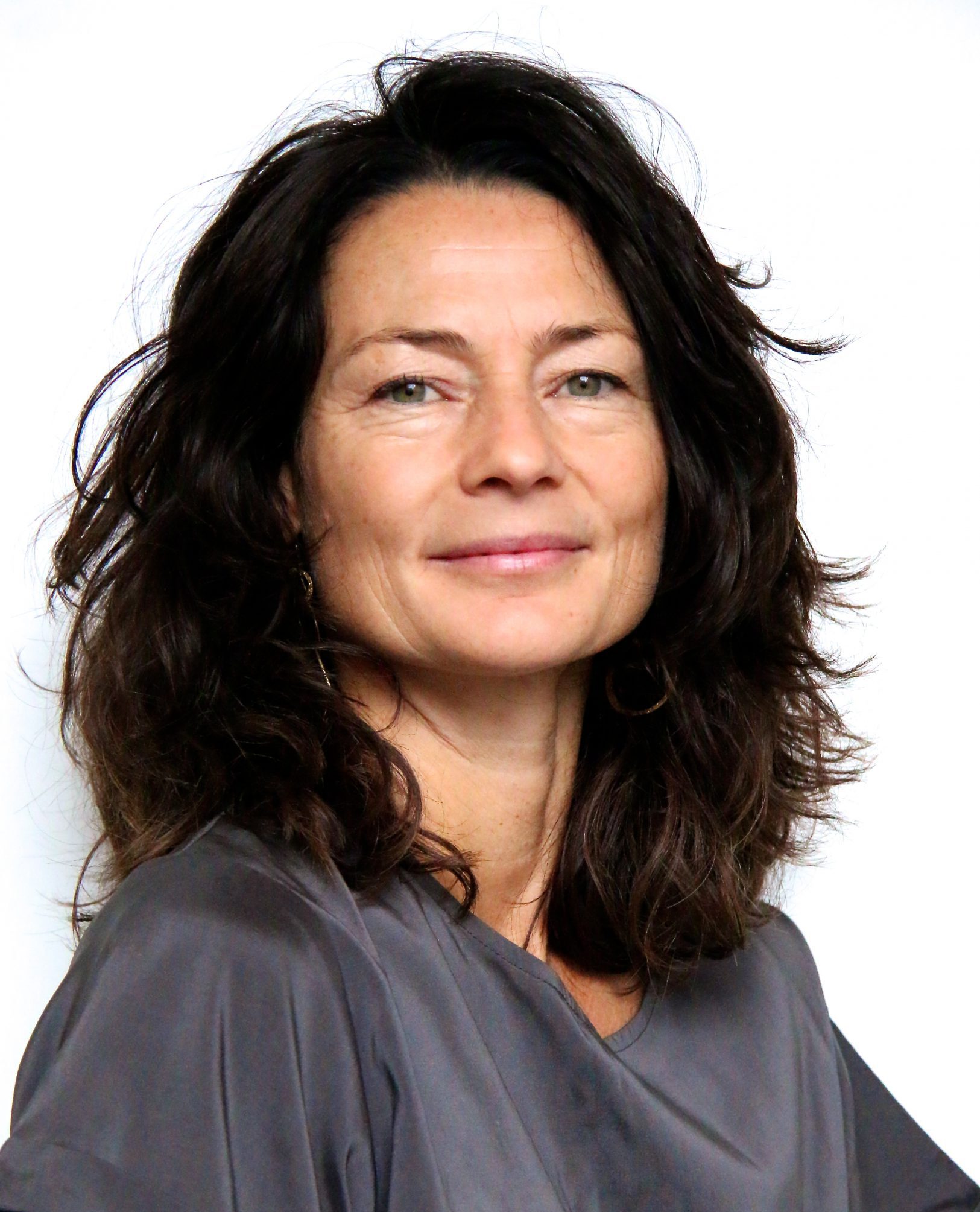
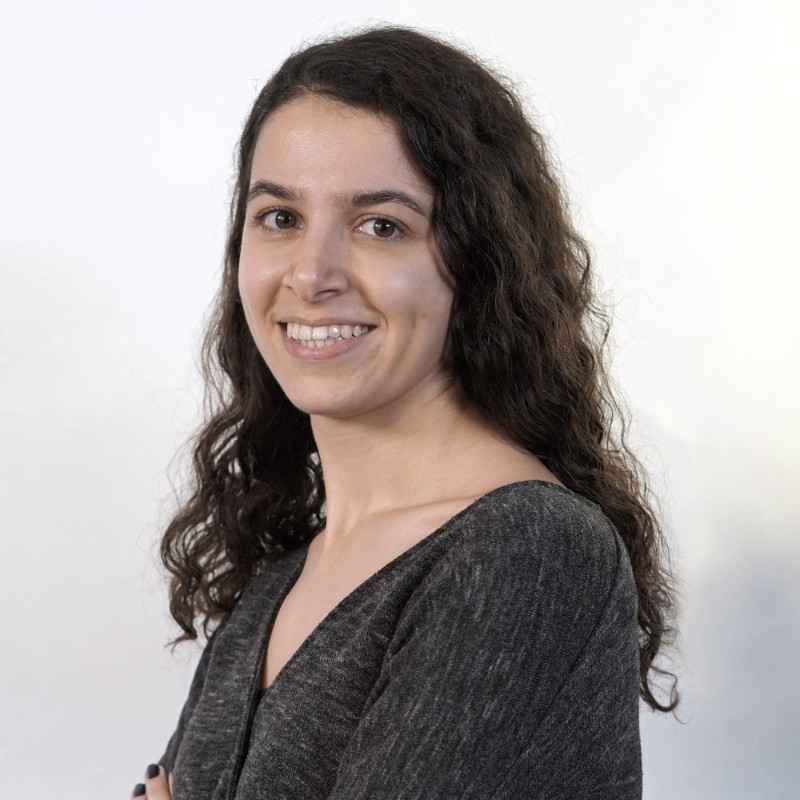
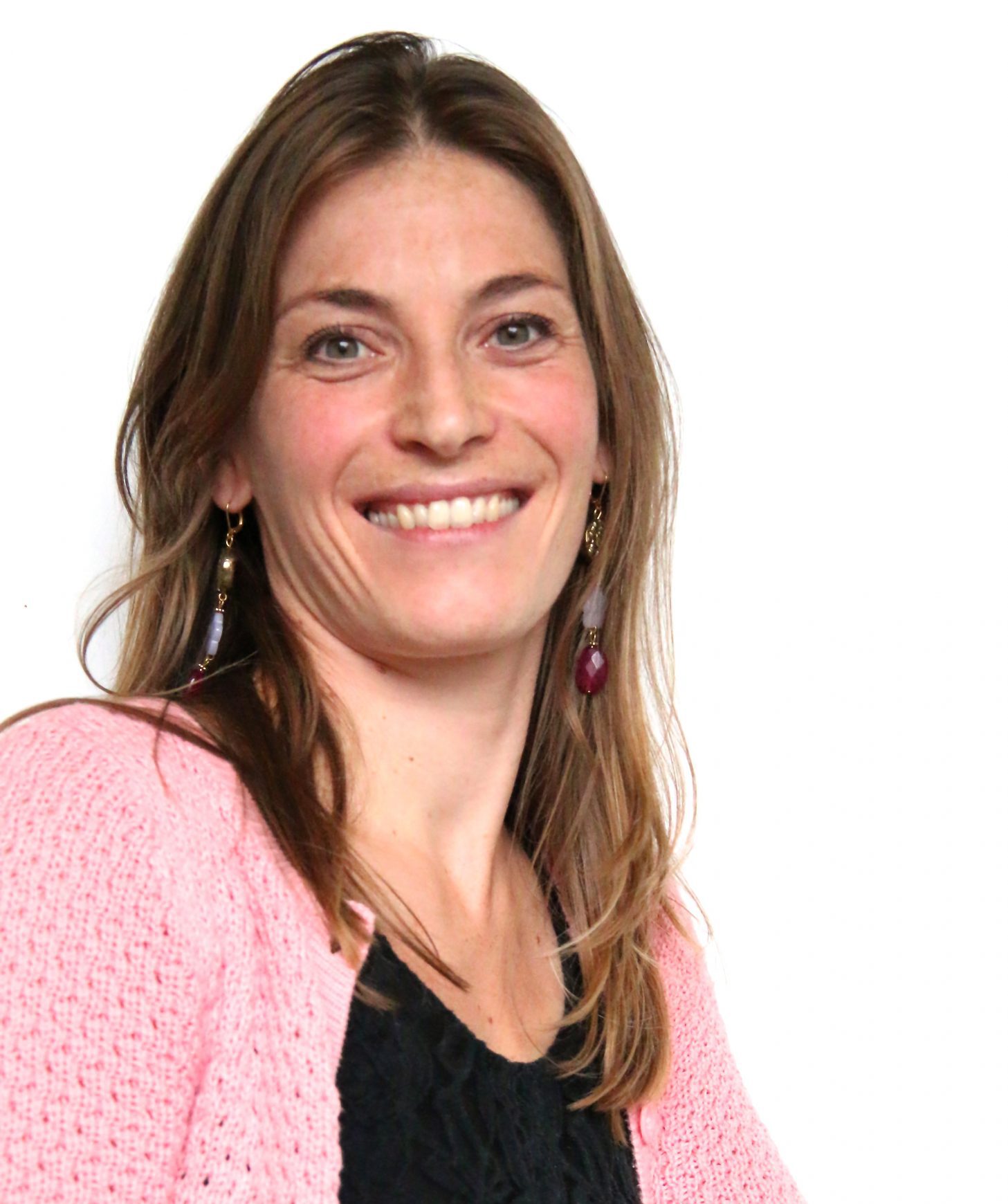
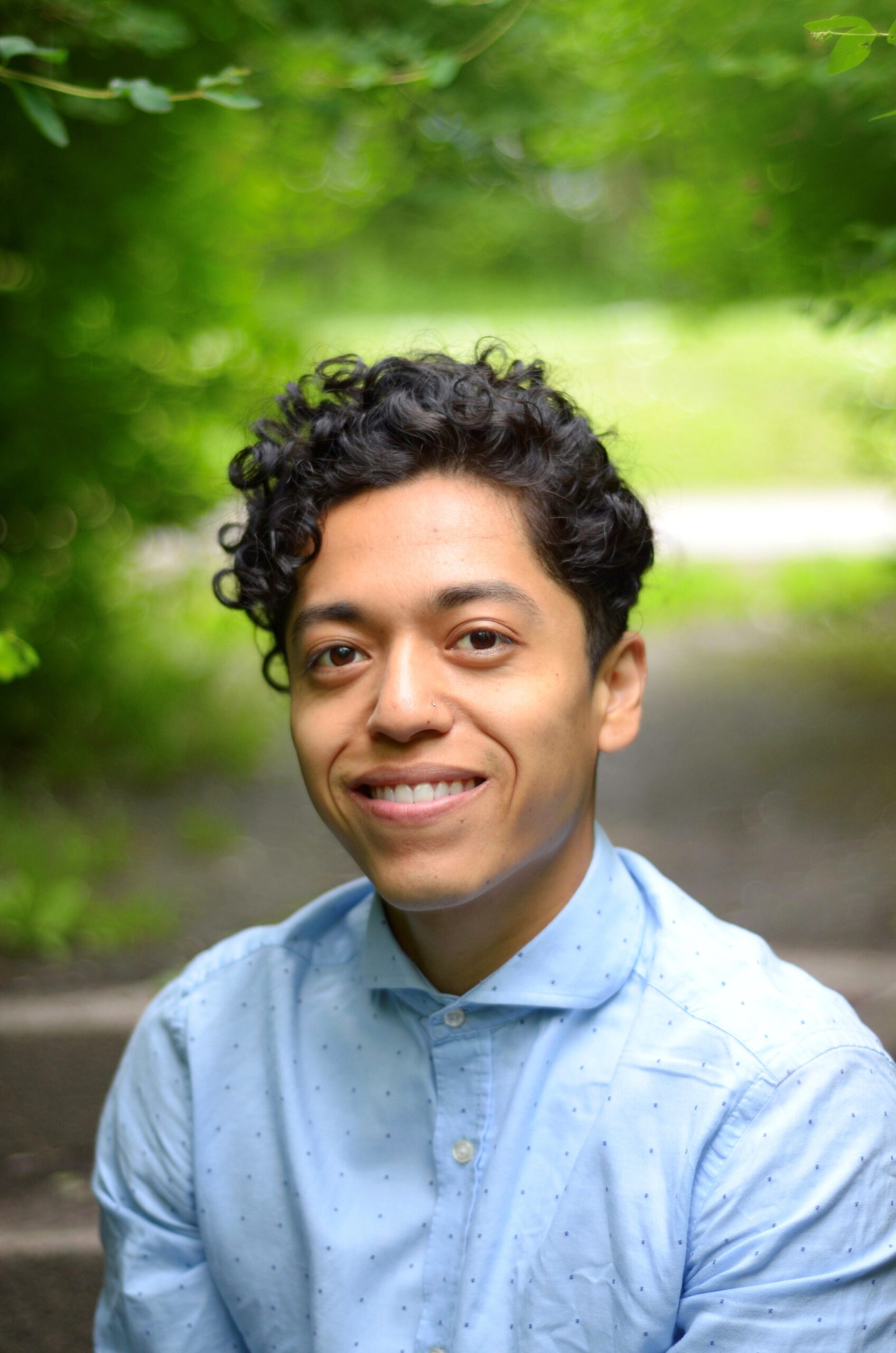
Researchers
Dr Leonie Klaufus
Dr Teatske Altenburg
Prof dr Mai Chin A Paw
Jesse Vargas, MA
Leto Demetriadou, MSc
